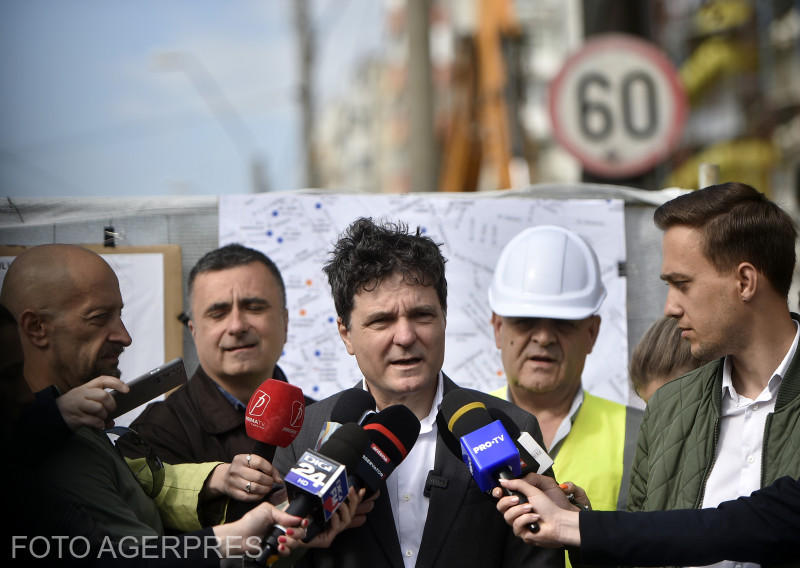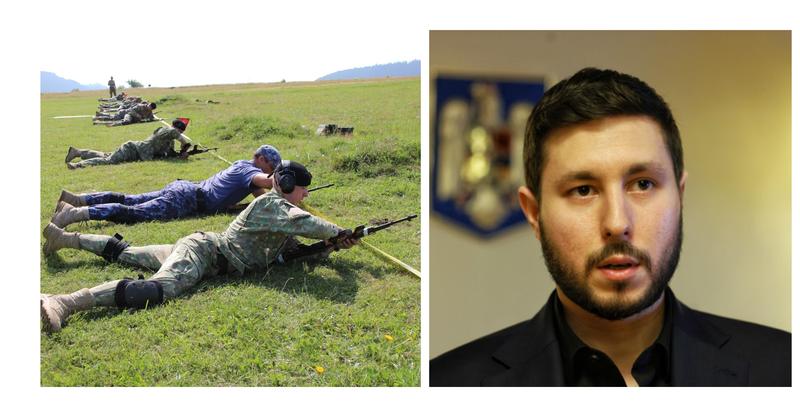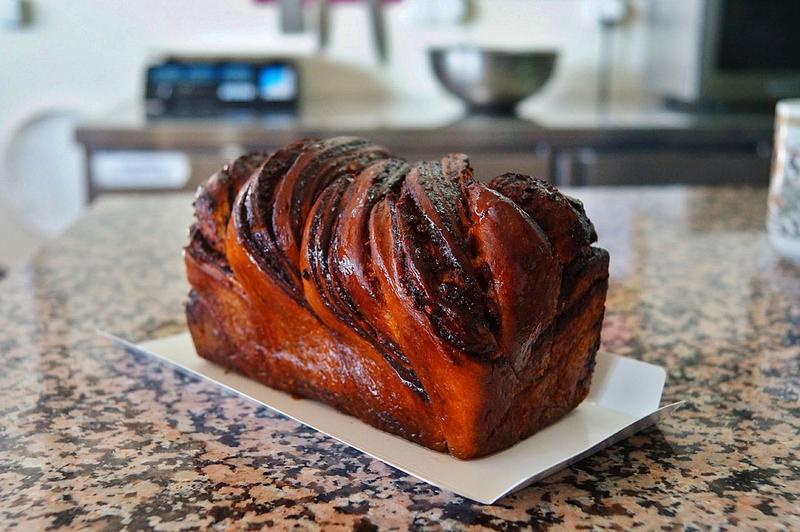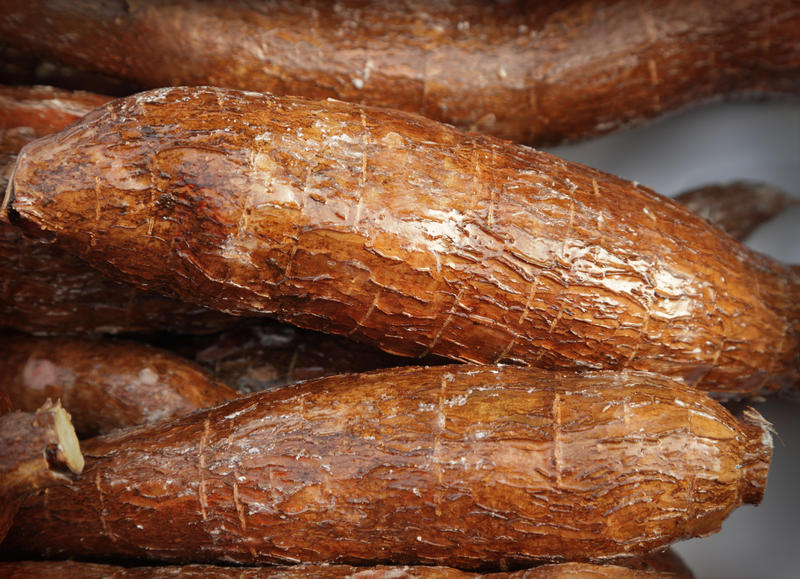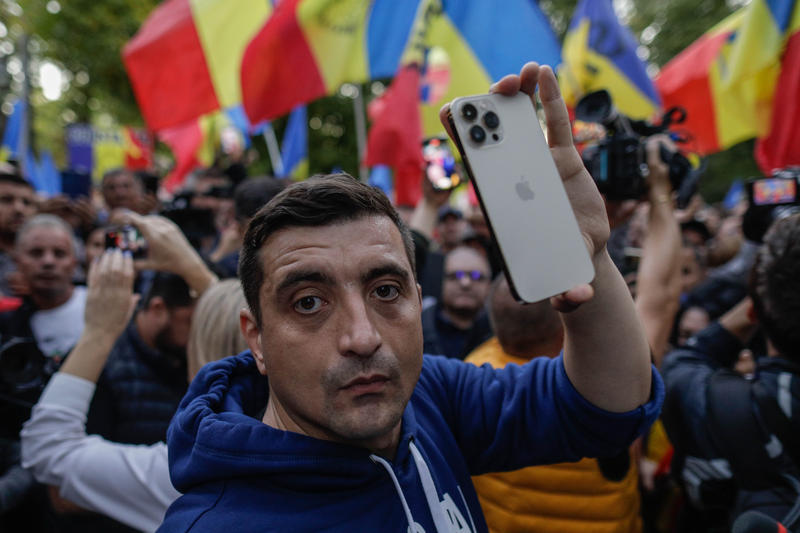Another high corruption case is ending in the favor of the accused, one newspaper reads on Tuesday. More in the news, Romanians will donate their organs after death according to a Senate's decision. And people from the Moldova Republic settle in a Romania's border village to get Romanian and European citizenship.
Evenimentul Zilei reads about another high corruption case which ends in the favor of the accused: former Rafo Onesti refinery owner and business man Corneliu Iacobov and the former manager of the refinery were sent in court by prosecutors for taking 24 million Romanian Ron by money laundering. But after two years and a half, the judge decided that the accusations against him do no exist in the penal code and nor is there proof of money laundering.
On November 2005 Corneliu Iacobov and his close friends within the factory were sued for money laundering and abuse in service. According to the investigators, they have succeed in making some 243 billion Romanian ROL (old Romanian currency) vanish in only 10 days.
At the time of the arrest, the trial was considered a big high corruption case that would finally be resolved. The whole arrest thus received a political scent, with Iacobov accusing President Basescu of his arrest.
More in the news, Romanians will donate their organs after they die, unless they refuse it in writing during their life, Gandul reads. The Senate approved yesterday a draft law put forward by Social Democrats, Liberals and the Conservatives and introduces the concept of presumed approval. However, the bill still needs to pass in the House of Deputies.
The law can save lives indeed but it can also stir up controversies with the Orthodox Church. Church representatives argue that the presumed approval denies the Christian morality. However, medical facts seem to out rule any morality issue: Romania's National Transplant Agency informs that some 2,000 patients are on a transplant waiting list.
Elsewhere in the news, people from the Moldovan Republic are settling in Horodistea, a northern border village in Romania, in order to receive a visa, Romania Libera reads. Horodistea is now Moldova's gate to the European Union as many people from the former Soviet Republic buy a house in the deserted village.
Mayor Costel Romanescu says there are many Moldovan people who buy a house, get the paperwork and then leave abroad. He gives the example of a young married couple that stayed a while in Horodistea and now left for France.
Local statistics show that over the past several years some 200 Moldovans settled in the county to receive a European green light.
